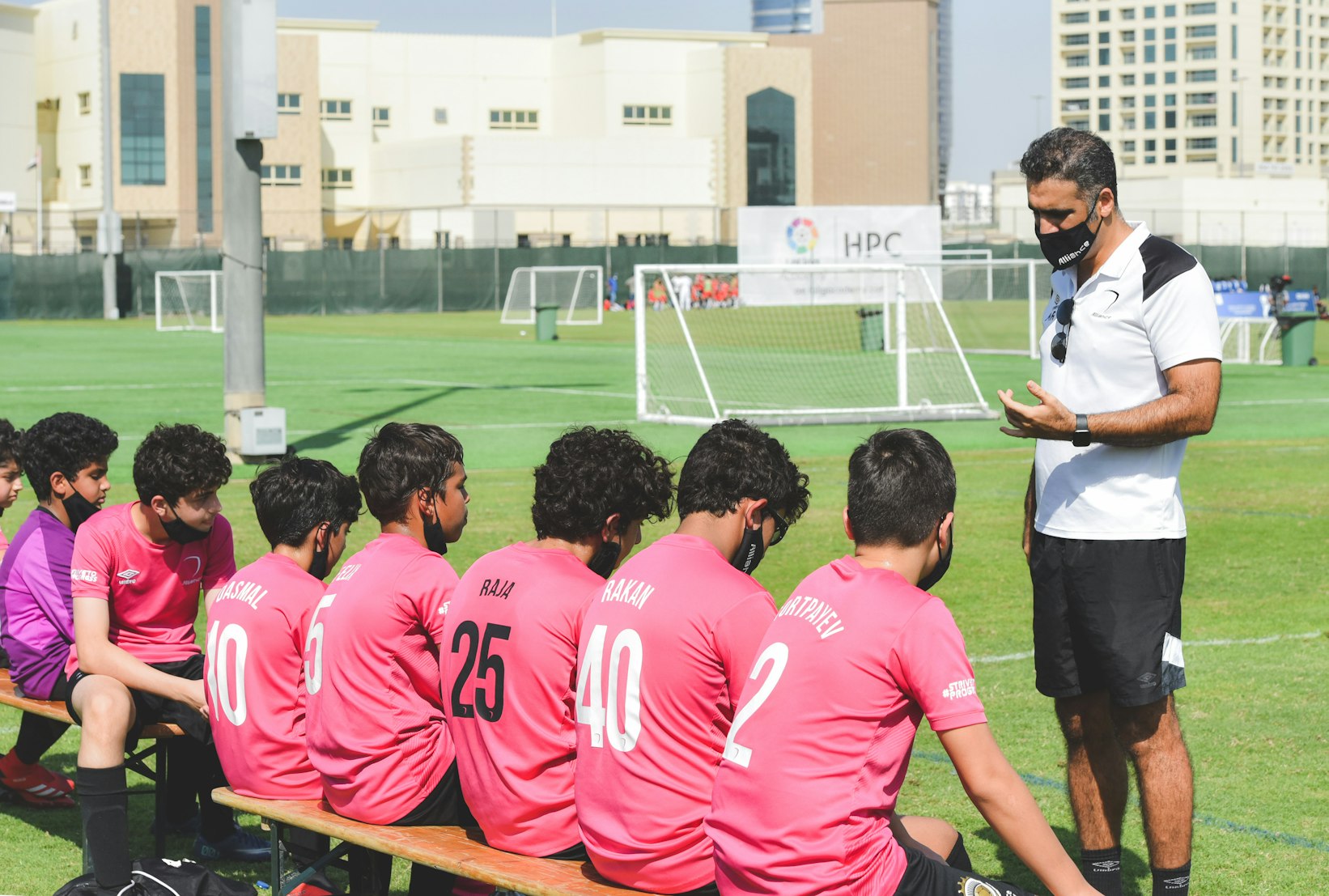

Mari Kikuta
Harvard 2024Whether you’re about to apply to some programs or start an organization, chances are you’re going to need a lot of help from other people. Asking your high school teacher for a recommendation letter may be done instantly but a robust teacher-student relationship is based on trust that forms over months –– if not years. You might often push your comfort zone to connect with people outside school and build a sustainable relationship with them.
Here, I would like to share some of the tips I learned from starting a volunteer organization and participating in research at a university laboratory. Although it may seem like people I was fortunate to work with are from different fields of professions, the basic principles of a great mentor-student relationship remain the same. Hope this helps!
*Disclaimer: Many aspects of each story are truncated to convey the most essential message, but please remember it may not be applicable for everyone’s situation. If you’d like to know more, reach out to me at marikikuta (at) college.harvard.edu.
Be open-minded
Coming from high school with a graduating class of about 120 students, I was surprised to find out how observant teachers were about each student’s attitudes and circumstances. For the most time in high school, I felt judged by teachers, until I realized they genuinely cared. If you have a teacher you like, meeting them outside the normal class time can give more opportunities to get to know each other personally. For me, this included sharing my passions, what I do for extracurricular activities, and even some struggles that I sought advice on. Sometimes they also opened up about their experiences and gave me valuable life lessons that are ingrained in the way I think now.
After a meeting, send a thank you email within 30 minutes.
Three months into working with the professor at the university laboratory, I asked him why he let me, a high school student who had no knowledge or experience, join. He told me what distinguished me was my appreciation email after the first visit to his laboratory. I remembered searching up polite email phrases on the internet right after exiting the lab building and finishing up the email on the bus home. I was happy to hear these words because it was something I made a conscious effort on. Whenever I reached out to someone and they sacrificed their time for me, I made my best effort to show appreciation and act upon it.
Mutually Beneficial Favors
When I wanted to start a youth volunteer organization for providing academic support for children, I needed to find a place that does not cost money, where it is easy for local elementary school students to gather. The local kids’ diner, where volunteers served free meals for underprivileged households, was perfect. Through the conversation with elderlies volunteering at the diner, I learned that their problem was that kids get bored after the meal. So my friends and I, who were interested in volunteering, helped the children with homework at the diner and played with them outside after the meal. Soon after, more high school students joined as volunteers and became part of this win-win relationship between the kids’ diner and our volunteer circle which helped us become a sustainable organization.
Update your Status
If you accomplish something, let EVERYBODY who has helped you through the process know about it and tell them how their advice helped you. You may think they don’t care and while that may be true at times, I believe it’s always important to update so that it helps you build a more personal connection with the mentors. It’s also a good opportunity to keep up with them!